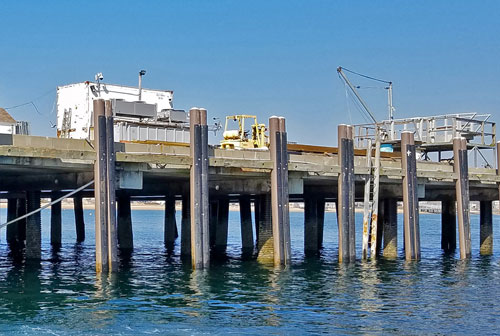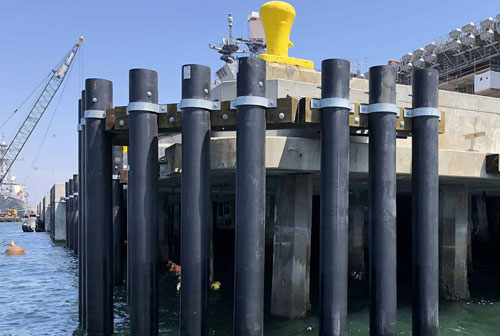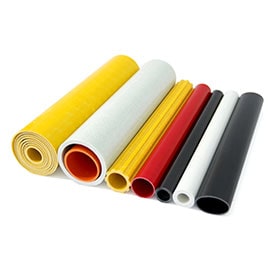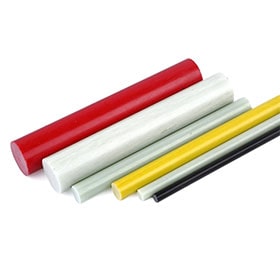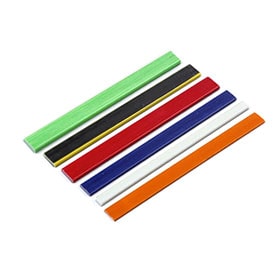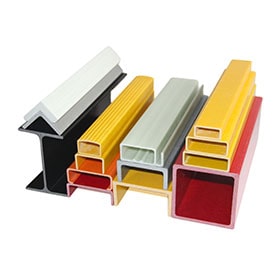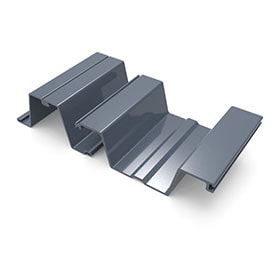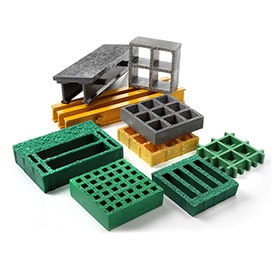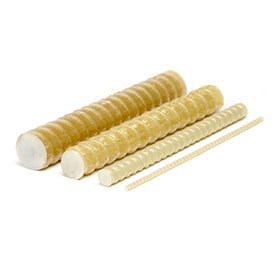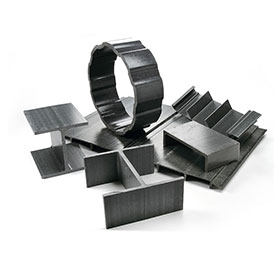When constructing docks, the choice of materials for pilings is a critical decision that significantly impacts the structure's durability, maintenance requirements, and overall lifespan. Traditionally, steel has been a popular choice for dock pilings due to its strength and availability. However, fiberglass composite pilings have emerged as a compelling alternative, offering a unique set of advantages that make them an increasingly popular choice for marine construction projects.
Understanding Fiberglass Dock Pilings
Fiberglass dock pilings are composite materials made from fiberglass fibers embedded in a resin matrix. This combination creates a strong, lightweight, and highly durable material that offers several advantages over traditional steel pilings.
Advantages of Fiberglass Dock Pilings
1. Superior Corrosion Resistance:
Fiberglass is completely impervious to corrosion, eliminating the need for costly maintenance and repairs associated with rust and deterioration.
Unlike steel, fiberglass pilings will not rust or corrode, even in saltwater environments.
2. Durability:
Fiberglass pilings are exceptionally strong and durable, capable of withstanding harsh marine environments and heavy loads.
They are resistant to impact, abrasion, and marine borers, ensuring a long lifespan.
3. Lightweight:
Fiberglass pilings are significantly lighter than steel pilings, making them easier to transport and install.
This reduces labor costs and allows for faster construction times.
4. Environmental Friendliness:
Fiberglass pilings are environmentally friendly and do not contribute to marine pollution.
They do not leach harmful chemicals into the water and can be recycled at the end of their useful life.
5. Insulation Properties:
Fiberglass pilings provide excellent thermal and electrical insulation, reducing heat transfer and preventing condensation.
6. Non-Conductive:
Fiberglass is a non-conductive material, making it safe for use in electrical environments and reducing the risk of galvanic corrosion.
7. Aesthetic Appeal:
Fiberglass pilings can be manufactured in a variety of colors and finishes, allowing for a more customized and aesthetically pleasing dock design.
Cost-Benefit Analysis
While the initial cost of fiberglass pilings may be higher than steel pilings, the long-term cost-effectiveness is significant. The elimination of maintenance costs, increased lifespan, and reduced environmental impact make fiberglass pilings a wise investment.
Applications of Fiberglass Dock Pilings
Fiberglass dock pilings are ideal for a wide range of marine applications, including:
Residential docks: For homeowners who want a durable and low-maintenance dock for their waterfront property.
Commercial docks: For marinas, boatyards, and other commercial marine facilities.
Industrial docks: For heavy-duty applications such as shipping terminals and offshore platforms.
Conclusion
In conclusion, fiberglass dock pilings offer a compelling combination of strength, durability, and environmental friendliness, making them an excellent choice for marine construction projects. Their superior corrosion resistance, lightweight properties, and long lifespan make them a cost-effective and sustainable solution for both residential and commercial applications. When considering materials for your next dock project, fiberglass pilings should be at the top of your list.
completed dock constructed with fiberglass pilings
By carefully considering the advantages of fiberglass dock pilings, you can make an informed decision that will ensure the long-term durability and sustainability of your marine structure.
 +86 15303735673
+86 15303735673 Jessica@frpzs.com
Jessica@frpzs.com
 Technical Data
Technical Data


